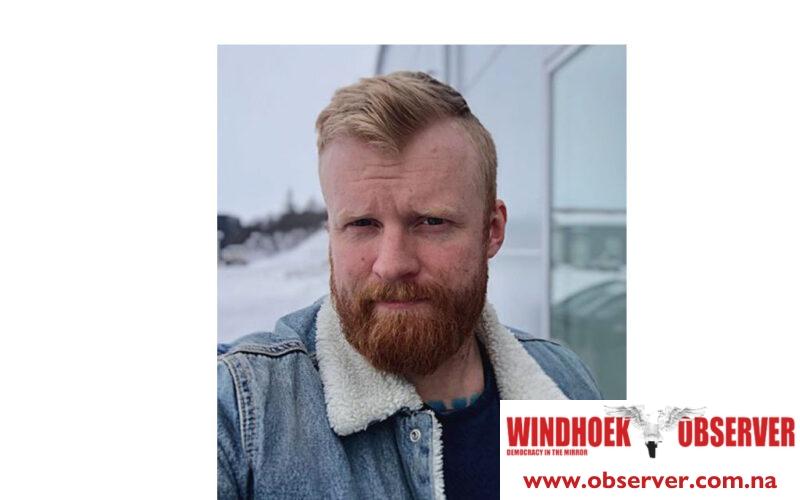Hertta-Maria Amutenja
Icelandic artist, Oddur Eysteinn Fridriksson, known as ODEE, has announced plans to appeal a London High Court ruling that upheld Samherji HF’s trademark infringement claims.
Fridriksson issued a statement this week following a hearing on the summary judgment delivered on 14 November.
Fridriksson alleged that Samherji had escalated its legal costs demand to over £200 000 after initially offering to waive costs if he chose not to appeal.
He described the move as coercive and an attempt to suppress his critique of the company’s alleged role in the Fishrot corruption scandal.
During a hearing on 17 December, the court awarded partial costs to Samherji but paused payment pending Fridriksson’s appeal.
Additionally, Samherji discontinued its trademark infringement claim and was ordered to bear the costs related to that aspect of the case.
Fridriksson criticised the company’s demand for legal costs as an intimidation tactic, asserting his resolve to continue challenging the judgment.
“The day before the hearing, Samherji clarified that they would waive costs if I chose not to appeal the judgment. Upon my refusal, they abruptly escalated their claim, demanding over £200 000 in costs —an inconsistent and coercive tactic that contradicts their previous offers. This move appears to be nothing less than an attempt to intimidate and silence me for my critique of their role in the Fishrot scandal.,” he said.
Fridriksson’s artwork, We’re Sorry, was created to provoke public discourse on these issues. He described the legal battle as emblematic of Samherji’s broader strategy to suppress criticism.
Fridriksson, who also claims to have gained the support of over 80 global organisations advocating for artistic freedom, confirmed his intention to file an appeal before the 7 January 2025 deadline.
“My artwork was created to provoke public discourse on critical societal issues. I remain unwavering in ensuring that critical voices are not silenced,” he said.
The legal battle began last year when Fridriksson registered a website under Samherji’s name using a British domain.
The website, which featured Samherji’s logo and other intellectual property, was designed to appear as the official UK site of the Icelandic fishing company.
It also disseminated false press releases under the company’s name.
Samherji accused Fridriksson of intellectual property theft and fraud, claiming the website was intended to mislead the public.
The court ruled in Samherji’s favour, finding that the use of the company’s trademark and logo was deceptive and did not qualify as artistic critique or commentary.
In its judgment, the court stated that the website was an “instrument of fraud” and dismissed arguments that it was protected under freedom of expression.
The ruling also emphasised that the infringement did not fall within the boundaries of parody, caricature, or pastiche.
The case is set against the backdrop of the Fishrot scandal, widely regarded as one of the largest corruption cases in the history of both Iceland and Namibia.
The scandal involved allegations that Samherji paid bribes to secure fishing quotas in Namibia, severely affecting the local fishing industry.
A report by Namibia’s Institute for Public Policy Research (IPPR) revealed that nearly 90% of fisheries workers lost their jobs as a result of the scandal. Families were displaced, and widespread unemployment, food insecurity, and social issues such as substance abuse and depression ensued.
In an earlier statement, Samherji maintained that the court ruling correctly distinguished between artistic expression and trademark misuse.
The company’s CEO, Thorsteinn Már Baldvinsson, stated that legal action was necessary to protect its intellectual property.
“This ruling clearly distinguishes between legitimate artistic expression and the misuse of a registered trademark,” Baldvinsson said.




